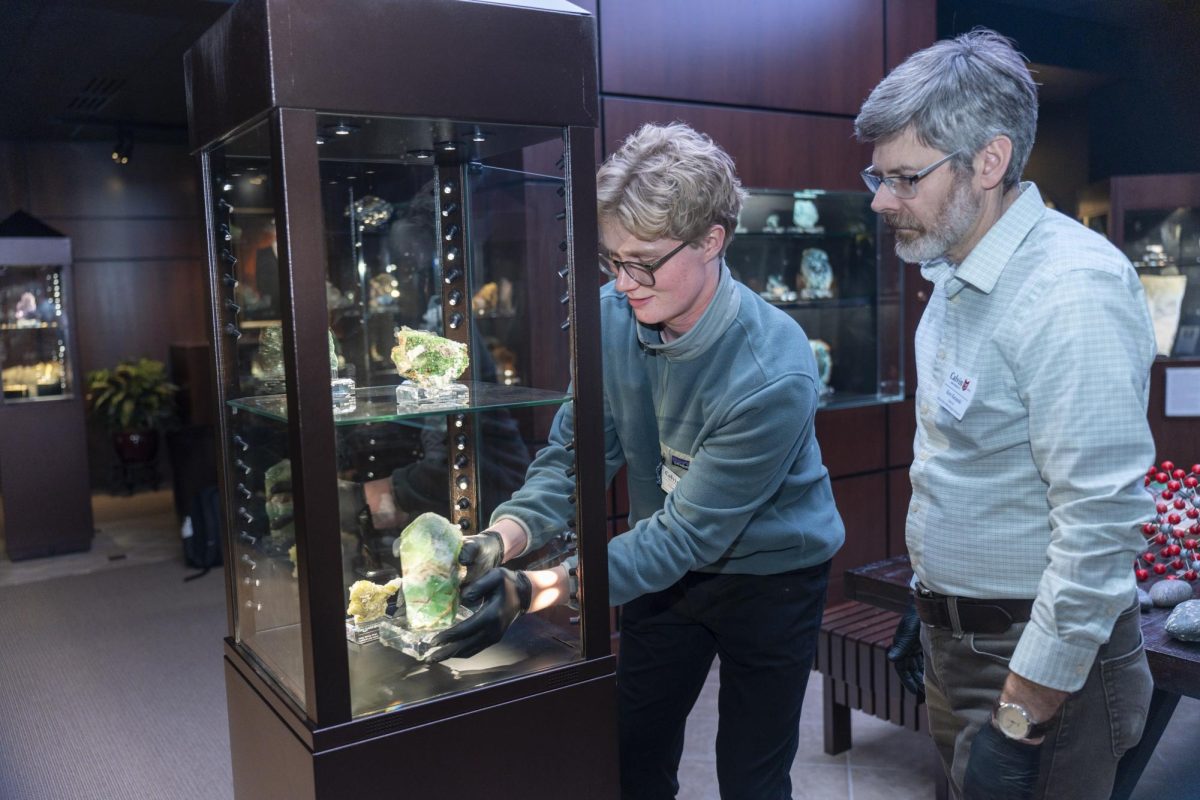A study published in the journal Science earlier this month has placed coffee among such disparate organisms as honeybees, dogs and human beings. All four of them (and more than 175 others, according to the Genome News Network) have had their genomes sequenced.
The study, conducted by France Denoeud, reported that coffee, one of the most economically important crops on the planet, synthesizes caffeine in its leaves (where it acts as an insecticide) and seeds (where it acts to deter the germination of rival plant species).
The molecule that makes coffee so unpopular with insects and other plants, however, is what has made it a bestseller with humans the world over. Caffeine is available from many sources, but coffee is one of the most common. Murray Carpenter reports in Time magazine that most people who drink a mere five to eight ounces of coffee per day are likely to have some level of caffeine dependence.
Caffeine is not unique to coffee; both tea and cacao produce it as well. However, Denoeud’s study found that the genetic coding for caffeine biosynthesis in the coffee plant is different than that serving the same function in tea and cacao.
The study also found that the distinctive aroma of coffee and the bean’s ability to retain flavor after being roasted can be linked to the polyunsaturated fatty acid linoleic acid. Linoleic acid is an antioxidant present in many common oils such as peanut, canola and olive.
Rhodi Lee of Tech Times suggests that this increased knowledge of which genes are associated with taste and odor may eventually lead to the production of different coffees “through genetic manipulation and selective breeding.”
The coffee sequenced, coffea canephora (commonly known as Robusta coffee), already accounts for 30 percent of the world’s coffee supply, according to Lee. Whether or not altered breeding practices and genetic manipulation will increase the popularity of Robusta coffee remains to be seen.







